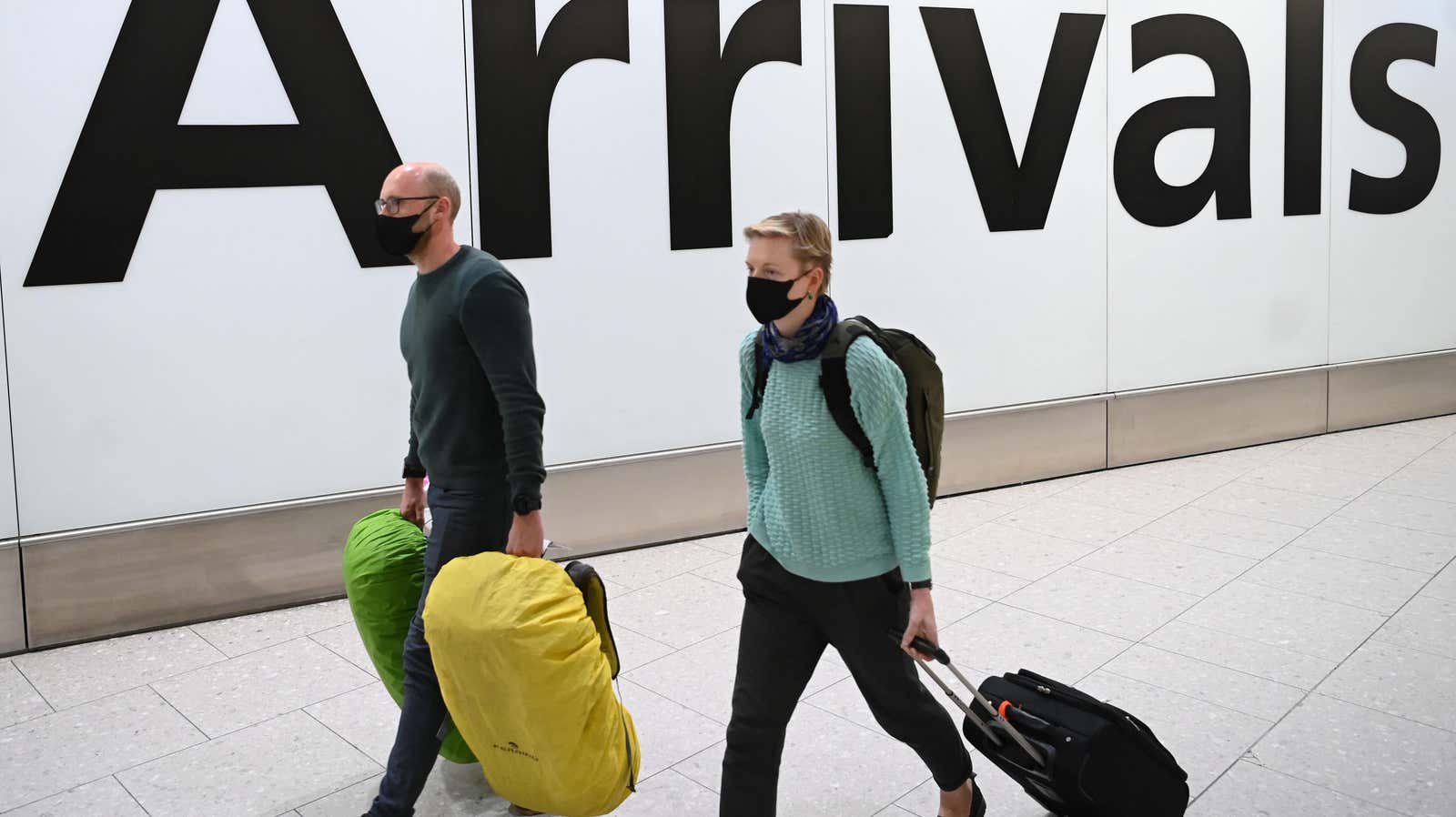Can a Surgical Mask Protect You From Coronavirus?

Surgical-style masks may slightly reduce the risk of transmitting respiratory infections, but are they really a good strategy for protection? Yes and no – that’s the point.
Masks do not completely block germs
When you inhale, the mask filters the air so that particles over a certain size cannot pass. This is the idea of wearing a snug fit N95 mask, for example when there is a lot of soot or smoke in the air. Hospital personnel treating patients with suspected coronavirus are also advised to wear an N95 mask to examine these patients.
But when you see someone wearing a mask walking down the street, it’s usually a surgical mask. Surgical masks are not designed to block a particular particle size, and viruses are smaller than soot particles anyway. However, a mask may provide some protection against drips of body fluids (think of a spray that appears when you sneeze or cough).
But there’s another problem: surgical masks don’t fit snugly. This means that air can easily get between the mask and your skin, so you breathe in some unfiltered air.
The CDC has a handy table of differences between surgical masks and respirators , but the bottom line is that they do not recommend either for day-to-day protection from foreign germs. If you are traveling, they recommend other measures such as frequent hand washing and, as announced yesterday, avoiding unnecessary travel to China.
Masks stop you from your germs everywhere
Using a surgical mask correctly is not to protect yourself from other people, but to protect other people from your germs.
When you cough or sneeze, all of these drops will spill onto the inside of your mask. Eventually, you will end up with enough dirt to change or clean your mask. This reduces the amount of potentially virus-infected droplets that people around you are exposed to.
This is why surgeons wear masks during surgery (you would not want anyone to breathe into your open wounds, even if they are relatively healthy), and why, if you go to the clinic with symptoms of a cold or flu, you may be asked to wear mask in the waiting room.
You can wear a mask if you prefer
I personally would not like to wear a mask walking down the street, because I feel like everyone will be asking: who is this weirdo in the mask? This is not a common thing where I live.
But masks are far more socially acceptable in Asia, where their popularity is linked to the 2003 SARS epidemic . Maybe you are protecting yourself from other people’s germs; maybe you’ve caught a cold and still want to be sure you’re not passing on anything. I would not be surprised if the use of masks results in some reduction in the transmission of respiratory viruses. Masks may not help you avoid germs, but they are also unlikely to harm, so feel free to wear one if you like.